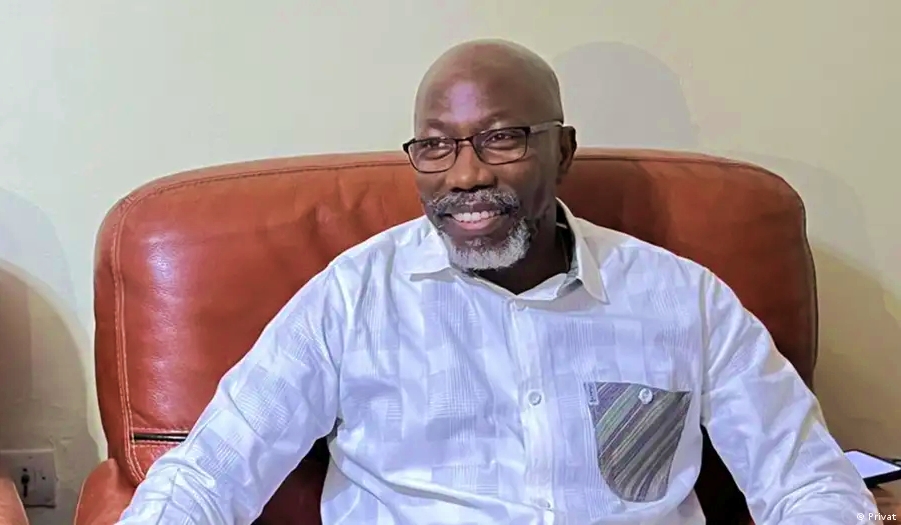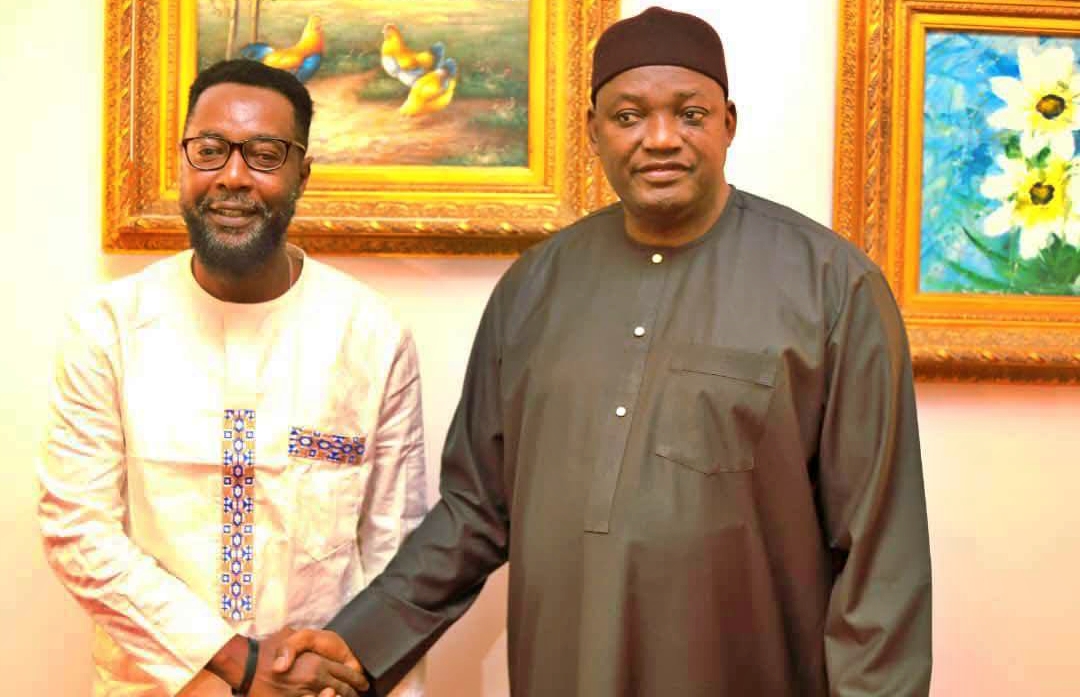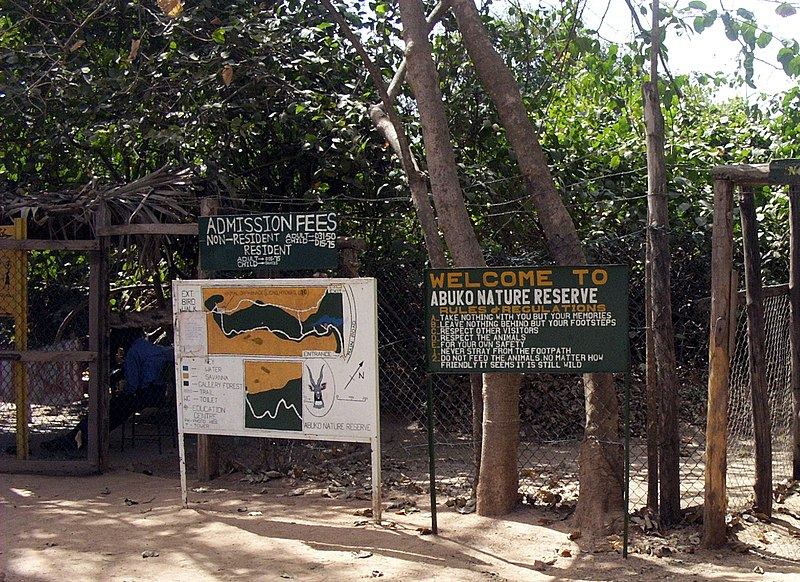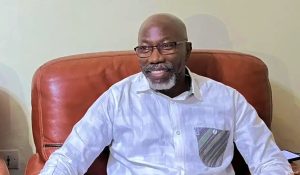Gambiaj.com – (BANJUL, The Gambia) – The Gambian government is considering the de-reservation of parts of the Abuko Nature Reserve, a move that would strip the area of its legal status as a wildlife refuge, biosphere, and nature preserve. This significant change was discussed during a cabinet meeting held at the State House today, where Hamat Bah, the Minister for Lands, Regional Governments, and Religious Affairs, presented the proposal.
Abuko Nature Reserve has been a protected area since 1916, when the Lamin Stream, which flows through the reserve, was fenced off to form a water collection point. This led to a flourishing population of wildlife and plants, making the forest a site of ecological and research interest.
In 1967, wildlife officer Eddie Brewer and his daughter, Stella Marsden, recognized the area’s conservation potential and successfully lobbied the government of Sir Dawda Kairaba Jawara for its protection. The following year, the Department of Wildlife, now known as the Gambia Department of Parks and Wildlife Management, was established at the reserve to support conservation and research efforts.
Minister Bah’s presentation at the cabinet meeting also included plans for allocating parcels of land in Lamin for the construction of a National Stadium and a sporting facility to be managed by the Lamin Village Development Committee (VDC).
In addition to the discussions on Abuko, the Minister for Trade, Industry, Regional Integration, and Employment, Baboucarr O. Joof, presented a feasibility study report on the Trans-Gambia Corridor Trade Infrastructure and Special Economic Zone (SEZ). This initiative, which has already received President Adama Barrow’s endorsement, aims to attract industries to the area, particularly in fish and agro-food processing. The project is expected to boost the local economy and diversify The Gambia’s export portfolio. It will also provide training programs to improve the skills and employability of local workers.
Minister Joof emphasized that the SEZ is a key component of President Barrow’s broader economic agenda. With cabinet approval, the Ministry of Trade is poised to advance the recommendations of the feasibility study and initiate the first phases of this transformative project.
As the government moves forward with these plans, the potential de-reservation of the Abuko Nature Reserve has the potential of sparking concerns among Gambian and international conservationists and local communities who fear the loss of a critical ecological and research site.
The decision will likely prompt further debate on balancing development needs with environmental conservation in The Gambia.










